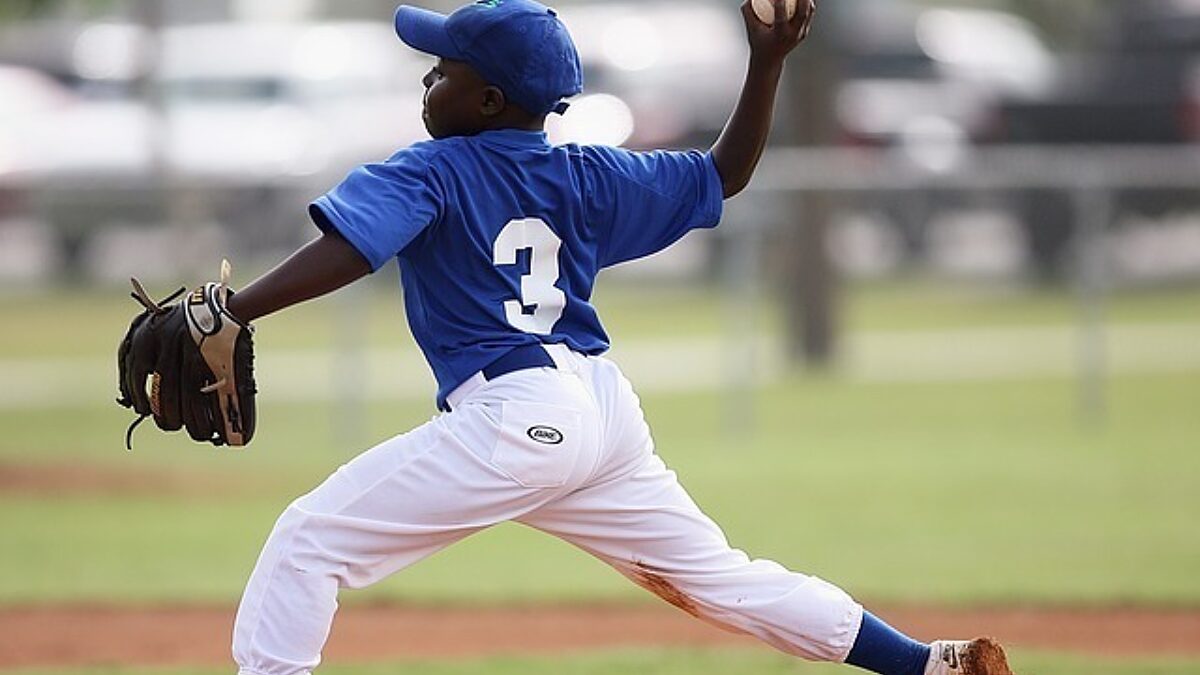
Recent Posts
Medial apophysitis, or pitcher’s elbow, is a condition that occurs as a result of an injury or irritation to the inside of the elbow, commonly affecting young athletes. It is often classified as an “overuse syndrome” in baseball or softball players in the developmental stages of rapid growth (approximately 11 to 15 years of age). Pitcher’s elbowcan be identified and effectively treated by a physical therapist.
What is Medial Apophysitis?
Pitcher’s elbow occurs when there is irritation to the inside portion of the elbow joint where the arm bone (humerus) meets one of the bones of the forearm (ulna).
During adolescence, the bones that form the elbow joint are still developing and are, therefore, more susceptible to injuries. During the throwing motion, stress is put on this part of the elbow. When too much stress is present (ie, from too much throwing) and when the joint is not able to recover properly (ie, when there is not enough rest time between periods of activity), the elbow can become painful and swollen. This results in the athlete being unable to throw with speed and accuracy at their normal volume. Pitcher’s elbow can start as soreness, but if not diagnosed and treated early on, can progress to more serious injuries, such as tearing of the ligaments or fracture of the bone(s) of the joint.
How Can a Physical Therapist Help?
Here are many physical therapy treatments that have been shown to be very effective in treating this condition. Your physical therapist may focus on:
Range of Motion. Because of the repetitive nature of throwing that causes the elbow to be irritated, it is often swollen and stiff, resulting in a loss of normal motion. You may also have abnormal motion of your throwing shoulder that is contributing to the way your elbow is acting during throwing. Your physical therapist will assess the motion of both of these joints compared to expected normal motion for your age and gender, as well as that of your other shoulder and elbow.
Strength Training. The muscles surrounding the shoulder and elbow as well as those of the upper back, work together to allow for normal, coordinated upper-body motion. This coordinated motion is especially important during throwing. Therefore, balancing the strength of all the upper-body muscles is crucial to making sure the shoulder and elbow joints move efficiently. Your physical therapist will teach you exercises to strengthen the muscles around the shoulder, so that each muscle is able to properly perform its job, and stresses are appropriately dispersed.
Manual Therapy. Physical therapists are trained in manual (hands-on) therapy. If needed, your physical therapist will gently move and mobilize your elbow and shoulder joint and surrounding muscles as needed to improve their motion, flexibility, and strength. These techniques can target areas that are difficult to treat on your own.
Pain Management. Your physical therapist may recommend therapeutic modalities, such as ice and heat to aid in pain management.
Functional Training. In the adolescent age group that typically suffers from pitcher’s elbow, an athlete is usually learning how to adapt their movements to a growing body. Poor coordination can place undue stress on the shoulder and elbow, and improper movements can, over time, cause pain in the body. Physical therapists are experts in assessing movement quality, and in training athletes to function at their best. Your physical therapist will point out and correct faulty movements in your throwing motion, so you are able to attain and maintain a pain-free elbow.
Education. The first step to addressing your elbow pain is rest. Your physical therapist will explain why this is so important, and develop a plan for your rehabilitation so you know when you will be able to safely return to your sport. Your physical therapist will also develop a personalized return-to-throwing progression of treatment and exercise, so you are able to move from your rest phase through a gradual reintegration of throwing activities to avoid another injury.
** sourced from Choosept.net. or https://www.choosept.com/symptomsconditionsdetail/physical-therapy-guide-to-medial-apophysitis
